LGBTQ+
Our Facility is Listed as a Preferred Providers on Casper Pride Directory
We Are Here to Care for All Humans
Myth or Fact
Lesbian, transgender or non-binary persons have higher rates of breast cancer.
FACT:
Some of the cancers that most often affect women are breast, colorectal, endometrial, lung, cervical, skin, and ovarian cancers. Lesbian, transgender and non-binary persons may be at increased risk for breast, cervical, and ovarian cancer compared to heterosexual women
REASONS:
Fear of Discrimination
Some women don’t tell their health care providers about their sexual orientation, because they don’t want discrimination to affect the quality of health care they receive. This can make it harder to have a comfortable relationship with a provider.
Negative Experiences With Health Care Providers
Fear of having a negative experience with a health care provider can lead some women to delay or avoid medical care, especially routine care such as early detection tests. Missing routine cancer screening tests can lead to cancer being diagnosed at a later stage, when it’s sometimes harder to treat.
How Can a Doctor Help Me?
There are doctors and other health care professionals who can help you.
